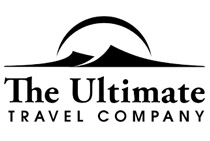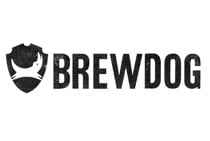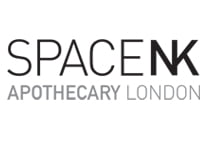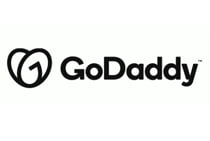I was head of the SEO (& Content) dept at Ambergreen (Scotland’s oldest digital agency) for just over two years, including the year we won the ScotlandIS Digital Agency Of The Year award.
In that time I worked on pretty much every aspect of search engine optimisation imaginable, from detailed keyword research, through market-led information architectures (planned The Scotsman’s page hierarchy and Hotel Chocolat’s e-commerce categories). Developed some fancy in-house tools to ease processes and make things look nicer too.
I spent plenty of time on the technical side of things too, on site migrations, speed, structured data and so on. Technically, the task I’m most proud of was migrating 140 different fragmented sites into one new site to rule them all within a 1 day timescale for the engineering group Weir. The 1 day turnaround was the implementation of a plan that took 6 months to put together and included a custom server built purely for handling the redirects to the relevant sections of the new site.
I’ve written a lot about SEO over the years, and though it’s still mis-sold and misunderstood by many people (even within the industry), to me, at its core it simply harks back to what I was taught in at Uni while studying for my marketing degree: match the market.
Search engine optimisation is about understanding how your market searches for your product or service, and then structuring your website to meet that demand. If you don’t do it, you potentially miss out on the traffic that’s most likely to convert, and unless you really enjoy a challenge, you want those people to be able to find you easily.











